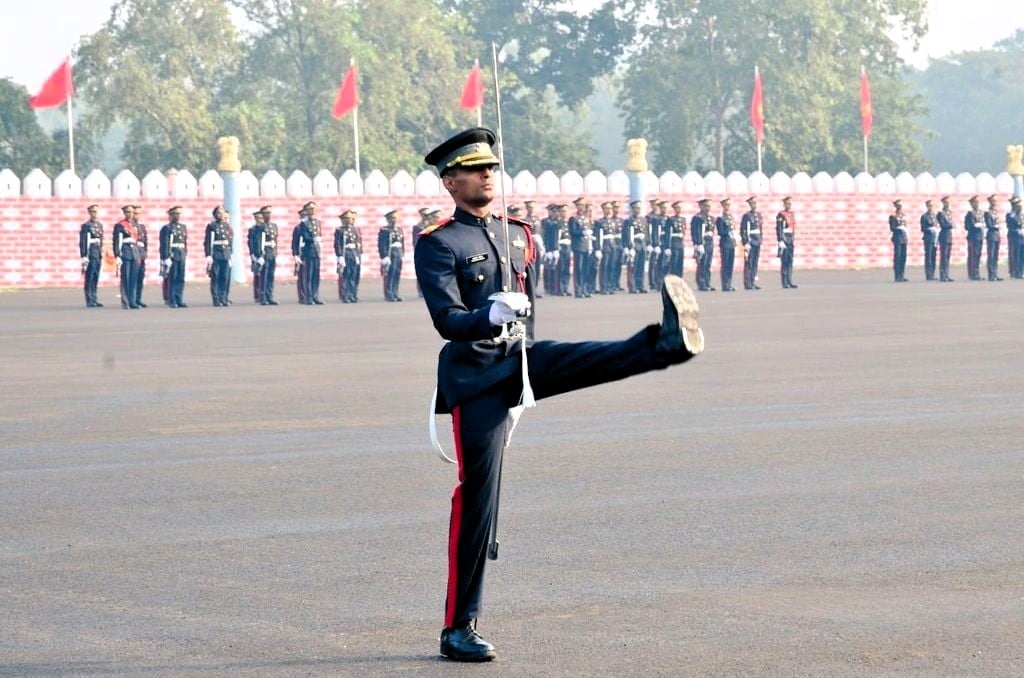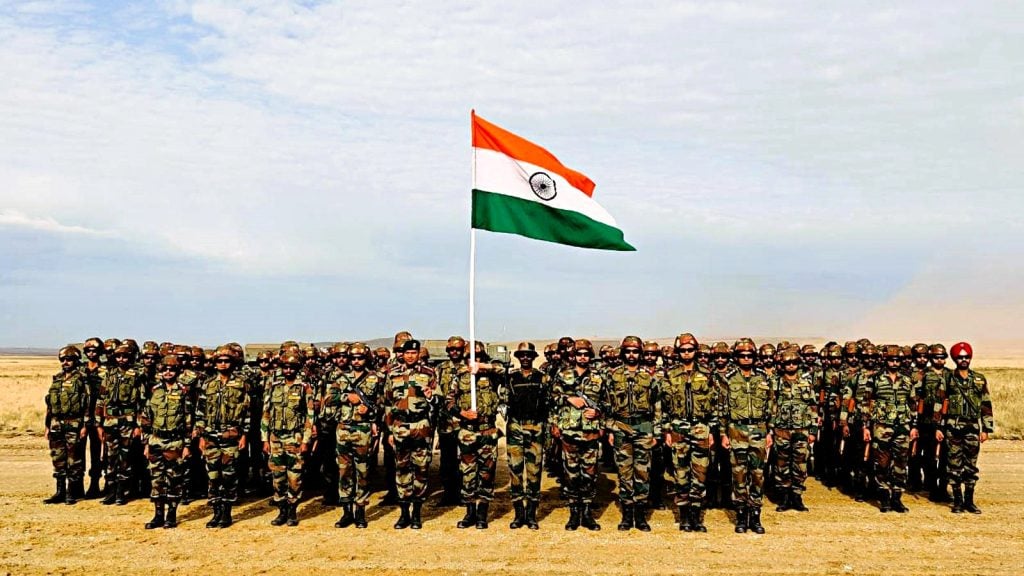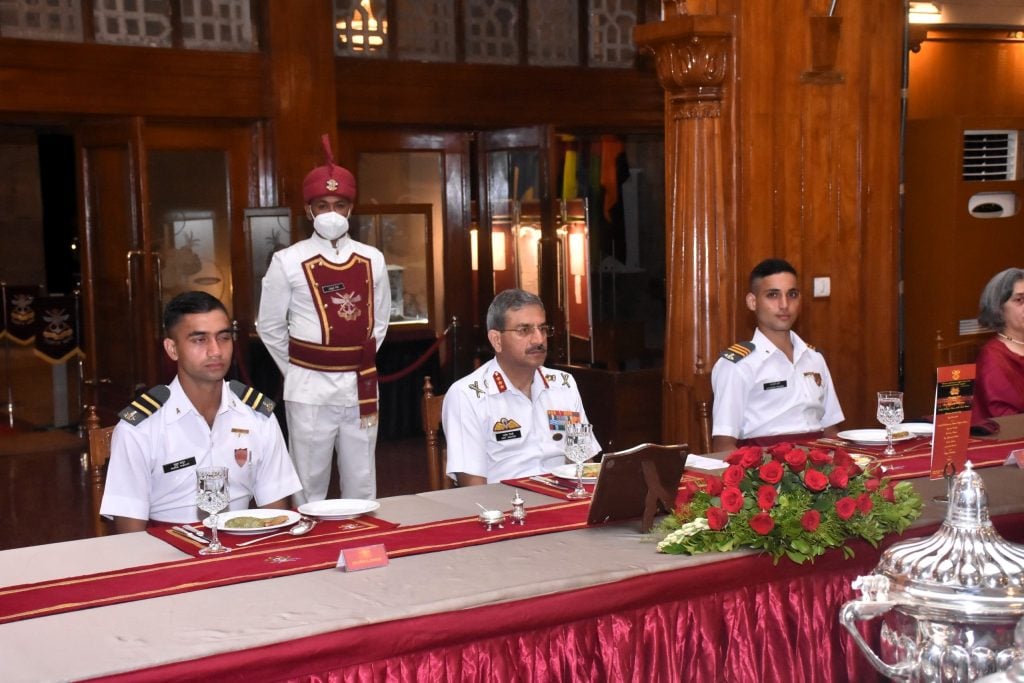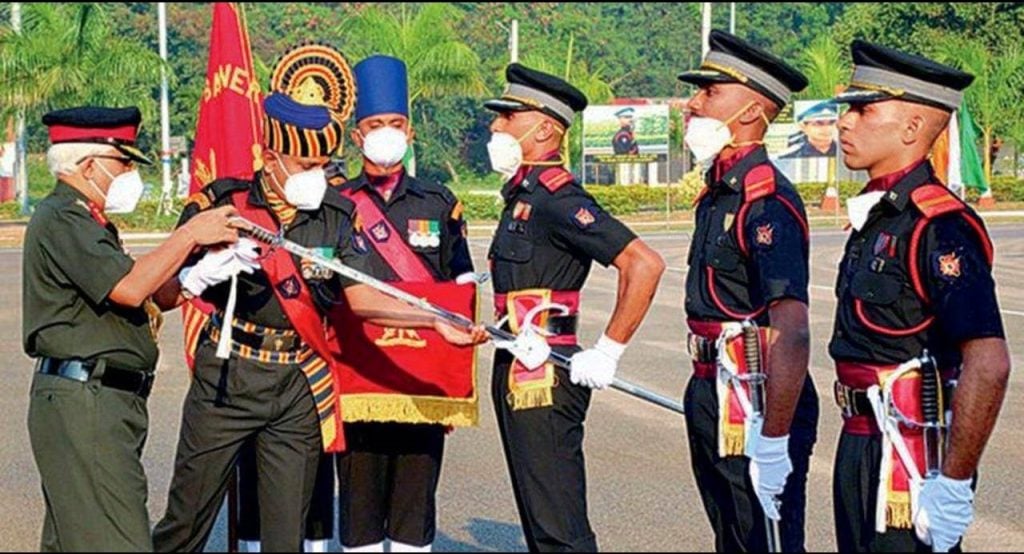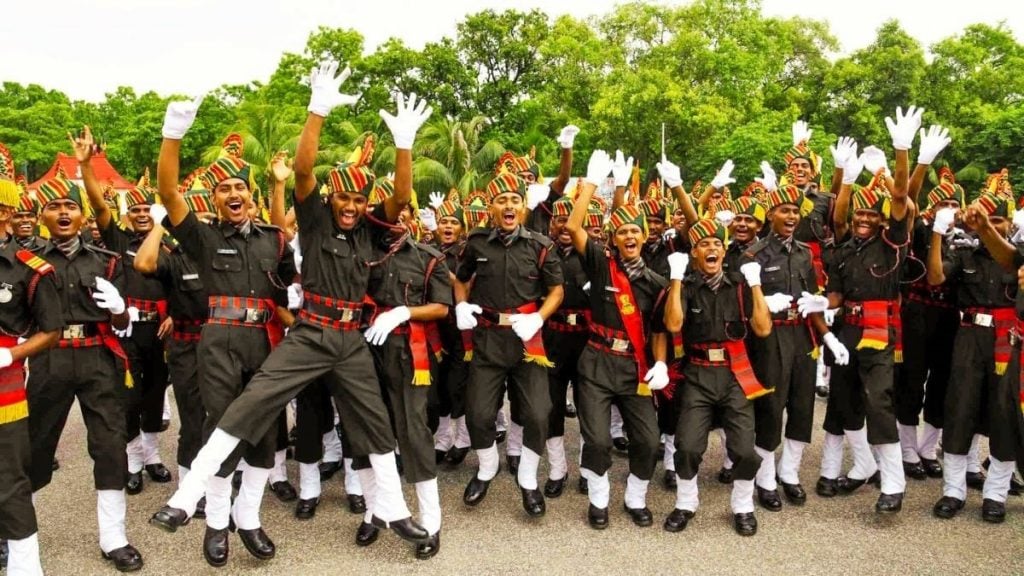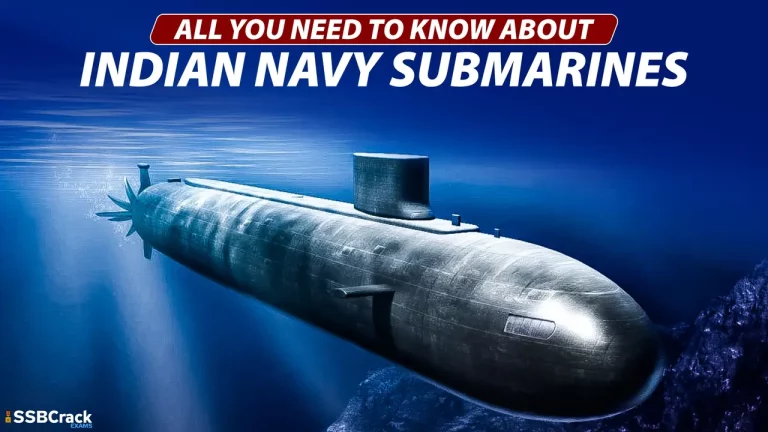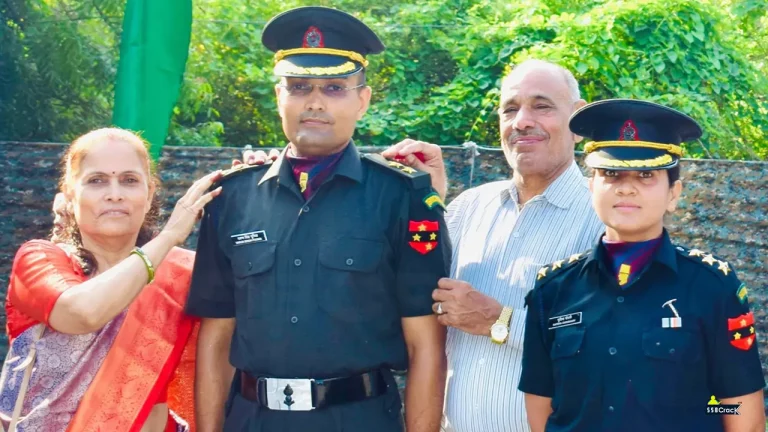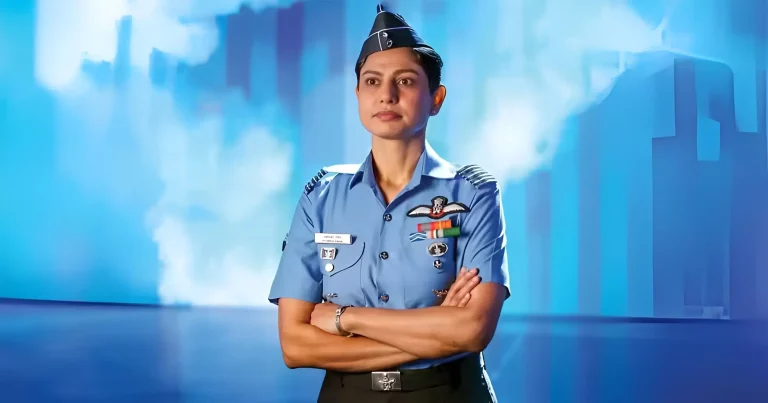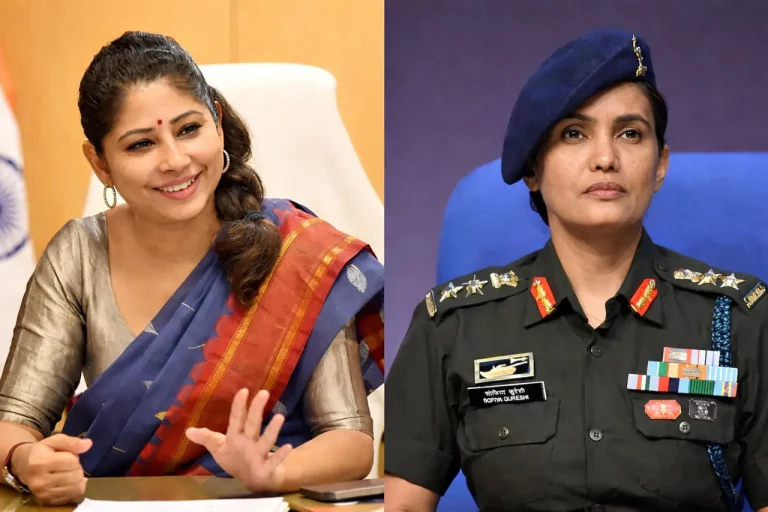Joining the defence forces is a noble aspiration for many young individuals in India. For those who have just completed their 12th standard, there exists a plethora of opportunities to serve the nation in various capacities within the armed forces.
This article aims to provide an in-depth exploration of the Top Defence Exams You Can Take After 12th, along with essential insights and guidance on how to navigate the pathways to a successful career in defence.
The defence exam landscape in India is diverse, catering to various interests and academic backgrounds. Each examination serves as a gateway to different branches of the armed forces, including the Army, Navy, and Air Force. The following sections will delve into the most prominent exams available to 12th pass students, outlining their eligibility criteria, structure, and preparation strategies.
Also Read | 7 Incredible Things Indian Armed Forces Give Their Troops
Importance of Defence Exams
Defence exams are crucial for selecting candidates who are not only academically proficient but also possess the requisite physical and mental attributes to serve in the armed forces. These exams are designed to evaluate a candidate’s capabilities in various subjects, including mathematics, general knowledge, and English, alongside assessing their psychological resilience and leadership potential.
Overview of Top Defence Exams
Here’s a concise summary of the top defence exams you can consider after completing your 12th:
| Exam Name | Branch | Eligibility |
|---|---|---|
| National Defence Academy (NDA) Exam | Army, Navy, Air Force | 12th standard pass with Mathematics and Physics |
| Indian Navy B.Tech Entry Scheme | Navy | 12th standard pass with PCM |
| Technical Entry Scheme (TES) | Army | 12th standard pass with PCM |
| Indian Coast Guard Navik Exam | Coast Guard | 12th standard pass with PCM |
| Indian Air Force Group X and Y Exams | Air Force | 12th standard pass with PCM |
| Indian Navy Sailors | Navy | 12th standard pass |
| Indian Agniveer | Army | 12th standard pass |
1. National Defence Academy (NDA) Exam
The NDA exam, administered by the Union Public Service Commission (UPSC), is a prestigious examination for aspirants wishing to join the Indian Army, Navy, or Air Force. It is recognized for its rigorous selection process and comprehensive training programs.
Eligibility Criteria
To be eligible for the NDA exam, candidates must meet the following requirements:
- Educational Qualification: Candidates should have completed their 12th standard with Mathematics and Physics.
- Age Limit: Applicants must be between 16.5 to 19.5 years old at the time of application.
Exam Structure
The NDA exam consists of two main components:
- Written Examination: This includes subjects such as Mathematics and General Ability, which covers English and General Knowledge.
- SSB Interview: Candidates who qualify the written exam will undergo the Services Selection Board interview, which assesses their psychological and physical fitness.
Preparation Tips
- Understand the Syllabus: Familiarize yourself with the exam syllabus and pattern.
- Practice Regularly: Solve previous years’ question papers and take mock tests to enhance your speed and accuracy.
- Physical Fitness: Engage in regular physical training to meet the fitness standards required for the SSB interview.
2. Indian Navy B.Tech Entry Scheme
The Indian Navy offers a unique opportunity for students who wish to pursue a B.Tech degree while serving in the Navy. This scheme is tailored for candidates with a strong foundation in science.
Eligibility Criteria
- Educational Qualification: Candidates must have completed their 12th standard with Physics, Chemistry, and Mathematics (PCM).
- Age Limit: Applicants should be between 17 to 19 years old.
Program Structure
The B.Tech Entry Scheme enables candidates to join the Indian Naval Academy for a four-year engineering program, after which they will be commissioned as officers in the Navy.
Key Benefits
- Career Growth: Graduates can expect a fulfilling career with numerous opportunities for advancement.
- Technical Expertise: The program equips candidates with essential technical skills required in modern naval operations.
3. Technical Entry Scheme (TES) for Indian Army
The Technical Entry Scheme is specifically designed for students with a strong inclination towards engineering and technology, allowing them to join the Indian Army as commissioned officers.
Eligibility Criteria
- Educational Qualification: Candidates must have passed their 12th standard with PCM and secured a minimum of 60% aggregate marks.
- Age Limit: Candidates should be between 16.5 to 19.5 years old.
Selection Process
The selection process for the TES involves:
- SSB Interview: Candidates will be called for an SSB interview if they meet the eligibility criteria.
- Medical Examination: A thorough medical examination will be conducted to assess the fitness of the candidates.
Advantages of TES
- Engineering Background: Candidates can leverage their engineering knowledge in various technical roles within the Army.
- Leadership Opportunities: The program prepares candidates for leadership roles, enhancing their career prospects.
4. Indian Agniveer Scheme
The Indian Agniveer scheme is an innovative recruitment initiative aimed at engaging young individuals for a four-year tenure in the armed forces. This program focuses on fostering a sense of duty and patriotism among the youth.
Eligibility Criteria
- Educational Qualification: Candidates must have completed their 12th standard.
- Age Limit: Applicants should be between 17.5 to 21 years old.
Training and Responsibilities
Agniveers undergo rigorous training in various military operations, ensuring that they are well-prepared to face challenges in a dynamic environment. Key responsibilities include:
- National Security: Contributing to the safety and security of the nation.
- Skill Development: Gaining valuable skills that can be utilized in civilian life post-service.
Also Read | 7 Trendy Indian Army Hairstyles You’ll Love
5. Other Notable Defence Exams
In addition to the aforementioned exams, several other opportunities exist for aspirants looking to join the defence forces:
Indian Coast Guard Navik Exam
This exam is for candidates interested in serving in the Indian Coast Guard. Eligibility includes:
- Educational Qualification: 12th standard pass with PCM.
- Age Limit: 18 to 22 years.
Indian Air Force Group X and Y Exams
These exams cater to candidates aspiring to join the Indian Air Force in various technical and non-technical roles. Eligibility criteria include:
- Educational Qualification: 12th standard pass with PCM for Group X and any stream for Group Y.
- Age Limit: 17 to 21 years.
Indian Navy Sailors Recruitment
This recruitment drive is open to candidates who wish to serve as sailors in the Indian Navy. Eligibility includes:
- Educational Qualification: 12th standard pass.
- Age Limit: 17 to 20 years.
How to Prepare for Defence Exams
Preparing for defence exams requires a strategic approach to ensure success. Here are some actionable steps:
Step 1: Choose Your Exam
Identify which defence exam aligns with your career goals and interests.
Step 2: Gather Study Materials
Collect relevant books, study guides, and online resources that cover the exam syllabus comprehensively.
Step 3: Create a Study Schedule
Develop a structured study plan that allocates time for each subject and includes regular revision sessions.
Step 4: Practice Regularly
Engage in solving sample papers and taking mock tests to familiarize yourself with the exam format.
Step 5: Focus on Physical Fitness
Incorporate physical training into your routine to prepare for the physical tests associated with the selection process.
Defence Courses After 12th
Apart from joining the armed forces directly, numerous courses are available for students interested in defence-related fields. Some notable options include:
| Course Name | Branch | Duration |
|---|---|---|
| B.Sc. (Hons) in Nautical Science | Indian Navy | 3 years |
| B.Tech in Engineering | Indian Army TES | 4 years |
| B.Tech in Aerospace Engineering | Indian Air Force | 4 years |
| B.Sc. in Military Science | National Defence Academy | 3 years |
Benefits of Pursuing Defence Courses
- Holistic Development: These courses combine academic learning with physical training.
- Career Opportunities: Graduates can explore various roles within the defence sector and beyond.
Also Read | Common Questions Asked in Personal Interviews
Conclusion
Embarking on a career in the defence forces after completing your 12th standard can be a rewarding journey. With a range of exams and courses available, aspiring candidates have multiple avenues to serve their country. Whether you choose the NDA, TES, or other entry schemes, thorough preparation and a clear understanding of the selection processes are essential for success.
FAQs
1. What is the best defence exam to take after 12th?
The NDA exam is often considered the best due to its comprehensive nature and prestigious training at the National Defence Academy.
2. What subjects are important for defence exams?
Mathematics, General Knowledge, and English are crucial subjects for most defence exams.
3. How can I prepare for the SSB interview?
Focus on physical fitness, practice group discussions, and engage in mock interviews to enhance your confidence.
4. What are the age limits for defence exams?
Age limits vary by exam, but most range from 16.5 to 21 years for 12th pass candidates.
5. Can I join the defence forces with a non-science background?
Yes, certain exams like the Indian Coast Guard Navik and Air Force Group Y are open to candidates from non-science backgrounds.
